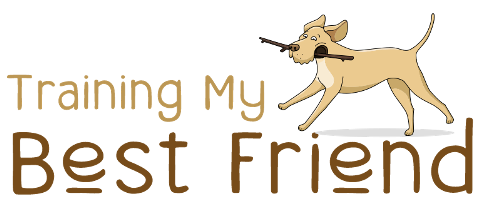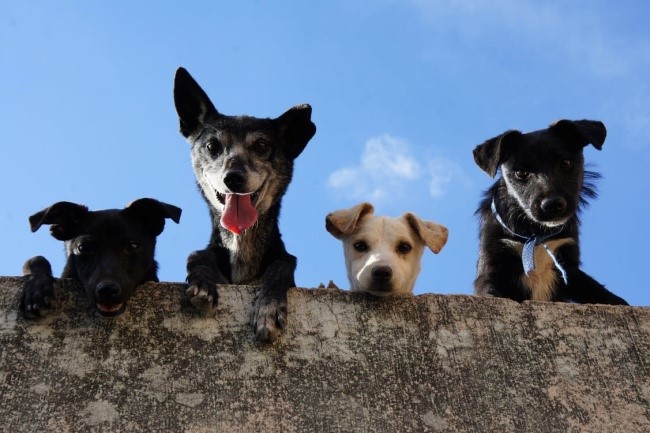Dog Behavior Training: 12 Bad Habits to Change
From too much barking, snatching food from the counter, or chewing furniture, your dog may have developed bad habits through time that need changing.
Figuring out how to manage these dog behaviors is not as hard as you think. Dog behavior training allows your dog to change bad habits.
Even for adult dogs, this is easy as long as you have the dedication and patience to train them. We’ve listed 12 bad habits that you may want your dog to change and some tips on dealing with them.
Too Much Barking
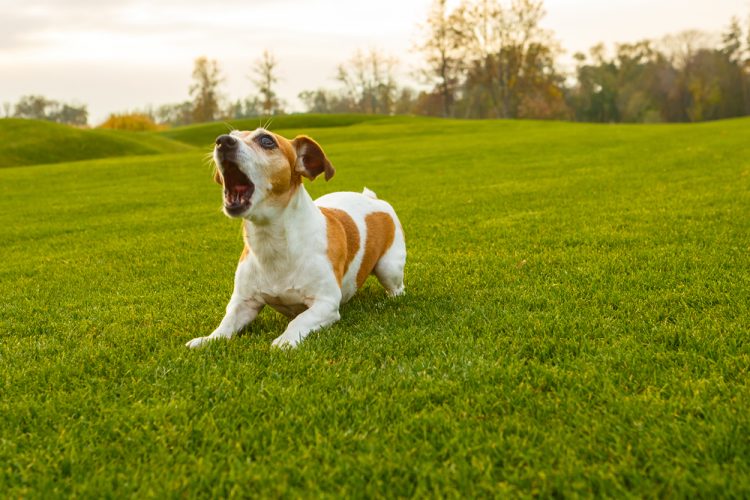
It’s true; barking is natural for dogs. It’s their way of communicating. However, too much barking should not be tolerated.
It is a behavior problem caused by factors such as stress or separation anxiety, warning, aggressiveness, playfulness, seeking attention, or just due to plain boredom. The easiest way to stop a barking dog is to know what causes your dog to bark and address the situation.
Train your dog to control barking by teaching the quiet or enough command. Simply tell them “quiet” or “enough” when they started barking too much. Once they calm down and finally stop barking, give them a treat.
It’s important to wait for them to be quiet before you reward them. Be patient since it might take several practices before your dog realizes that keeping quiet and less barking is needed to get that precious treat. This dog behavior training also makes your dog well-mannered in public places.
Chewing Your Things
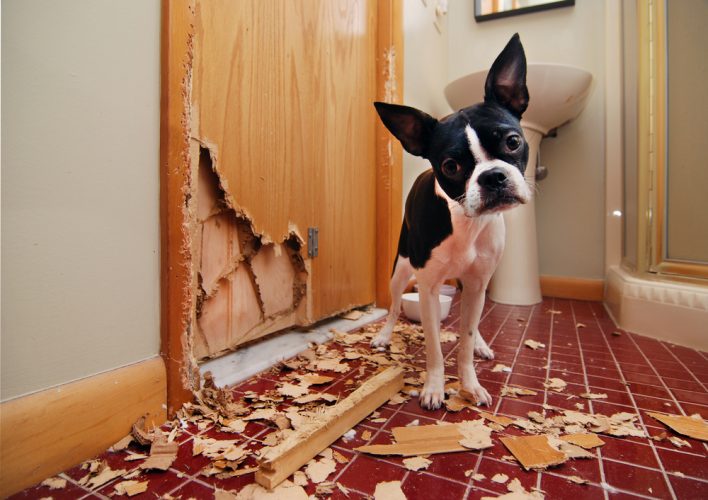
Chewing or licking on furniture and other personal items leads to property damage. However, just like barking, this is a natural thing for dogs, especially for teething puppies.
Several factors can lead to excessive chewing for adult dogs, such as stress, separation anxiety, boredom, or simply having too much energy.
An easy way to deal with this bad habit is by providing your dog with lots of chewable toys. When your dog starts chewing on your furniture, blankets, clothes, or socks, distract them by making sharp noises.
Take out or remove them away from whatever they are chewing and replace the item with a toy that they are allowed to chew. Once they respond positively, you can give a treat as a reward and positive reinforcement.
Keeping your dog busy by playing with them, giving mental games, or doing regular exercise can also help when your dog shows bad chewing habits.
This will relieve them from any stress and minimize boredom. It is also a way to release excess energy that leads to excessive chewing.
Begging for Food
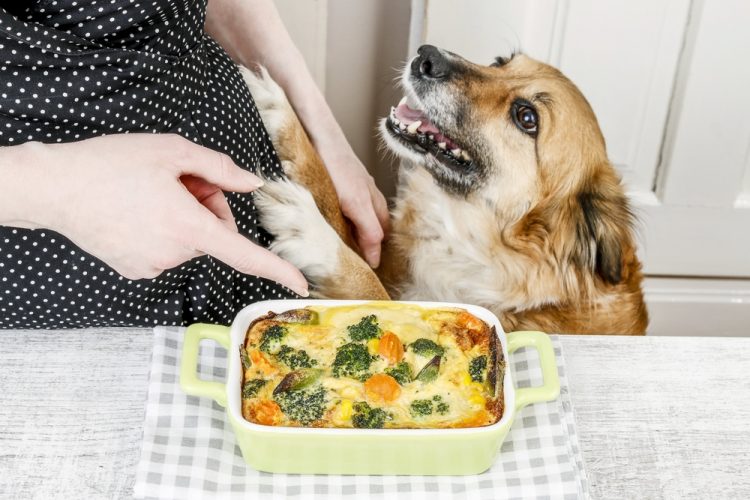
Sometimes, you just can’t resist the cute puppy eyes of your dog each time he looks at you asking for food. This is a bad habit that you tolerated for quite a while.
This can become annoying in the long run, especially when it disrupts your eating time. Besides, giving your dog table scraps is not healthy as it could lead to dog obesity.
A simple way to address this kind of behavior is by not giving your dog anything while you are eating. Better, let him stay in a place, preferably, where he can’t see you. Then, give him a reward once you are done eating.
This gives your pooch a signal to behave and stay at one place whenever it’s your mealtime. This particular dog behavior training will only work if you control yourself from giving him food when you’re eating.
Jumping Up
Jumping up is your dog’s way of greeting. Your pooch is excited to see you. However, it can also be a form of attention-seeking.
Although jumping up feels like your dog loves you, it is dangerous, especially for larger dogs. Your dog can also create the bad habit of jumping when a visitor comes along.
Here, a simple snob can become helpful dog behavior training. Simply ignore your dog when you arrive. Even if he jumps at you, do not give him the attention that he wants.
If needed, move away. Once your dog starts to calm down, stays still, or sits, you can calmly pet him and give the reward.
Counter-Surfing
You may have experienced leaving food on the table, and when you came back, it’s gone. Then you see your dog happily munching on a sandwich, a piece of meat, or a pizza slice.
Food stealing is a natural behavior of dogs attributed to their hunting nature. Hunger or boredom can also cause this behavior.
Although it is natural, food stealing, or counter-surfing is a dangerous behavior for dogs. Your dog may accidentally eat something very hot or boiling, something very spicy or worse, poisonous for them.
Lack of proper dog behavior training is one of the reasons for uncontrolled dog food stealing. If possible, do not leave any food leftovers on your tables or countertops. Your dog will not counter-surf if he can’t see anything.
You can further teach dogs how to behave when you are preparing a meal, similar to training them to obey the “stay” command when you are eating.
Digging
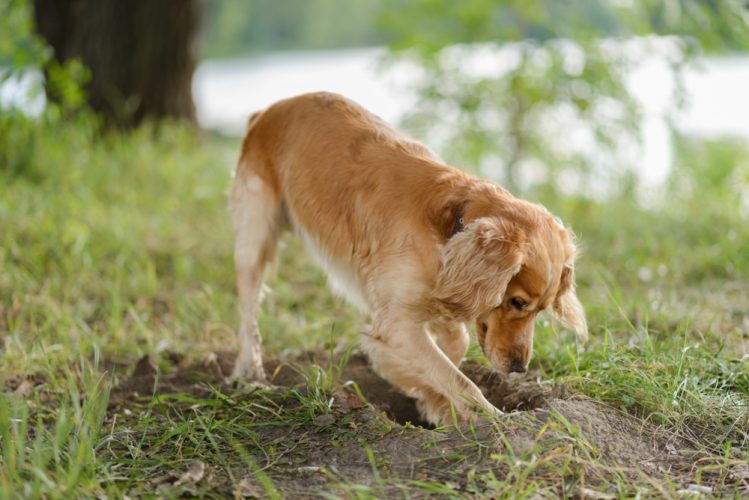
Dogs like digging. If they are given a chance to dig, they will. It is a part of their hunting nature. It is also their way to have fun or release excess energy.
Sometimes, they dig because they want to hide treasures like bones or toys. It can be a bit frustrating for dog owners to see your newly mowed grass have some patches of dig-up soil.
If you have space, give your dog his own “digging” area. It could be a corner of your yard or a sandbox. Teach him the “stop” or “enough” command whenever he starts digging on off-limit areas.
Additionally, give rewards once the dog transfers and digs on the spot specifically made for him. You can also give your pup extra activities or playtime to help release excess energy that can aggravate digging.
Climbing on Furniture
It’s quite normal for dog lovers to call their pets, let them jump up to them, let them sit on the couch, and do some cuddling. This quality time creates a bond between you and your dog.
As long as you are okay with it, there is no problem with this dog behavior. However, your dog getting used to climbing furniture becomes unlikable when it leads to property destruction.
Proper and constant dog training behavior can correct this habit. It needs patience, especially for adult dogs who have been allowed to climb furniture for a long time. So, it is best to set your limits as early as possible.
Urinating Inappropriately
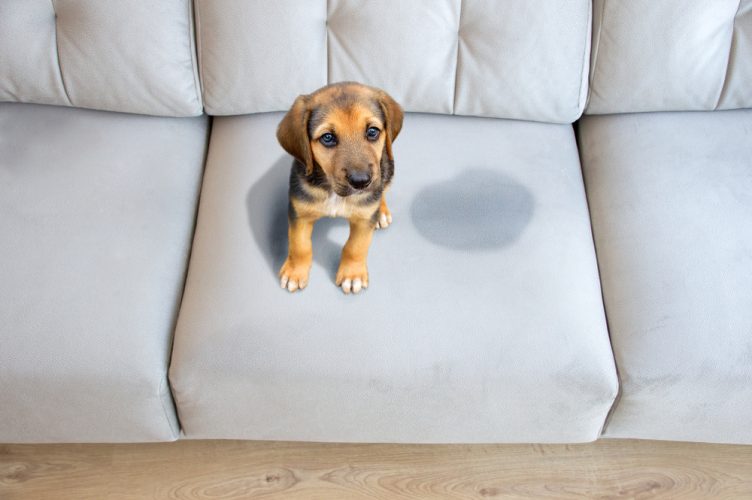
Inappropriate urination is common with puppies, especially when they are not properly trained yet. This should be addressed as early as possible as it would be difficult to control once your dog makes a habit out of it.
Other than the lack of proper dog behavior training, several factors also lead to urinating indoors. This can be a display of marking their territories, which male adult dogs may usually do. It can also be due to extreme emotions such as excitement, stress, or fear.
Removing anything that triggers these emotions can help prevent this dog’s behavior.
Additionally, health problems can also lead to inappropriate urinating. Be sure to check with your veterinarian whether any underlying medical issues need to be addressed with your dog if you can’t find a behavior issue.
Leash Pulling
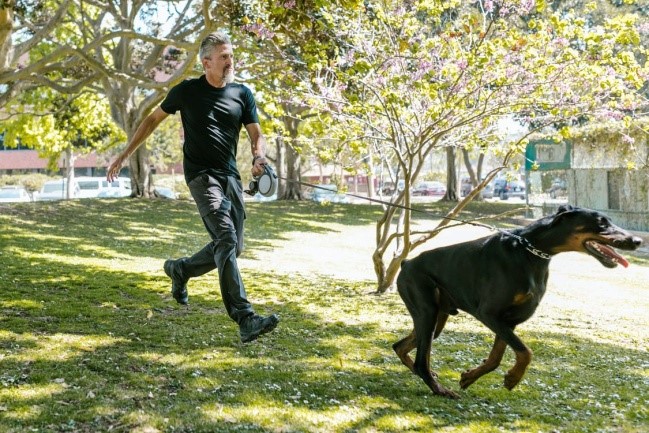
Walking outside is very exciting for dogs. They want to explore their environment. Whenever you go on a walk with your dog, he can see many things that make him curious. This gives him the urge to approach those things immediately, thus, the leash pulling or leash reactivity.
Leash training is dog behavior training that we would love to do, albeit often done incorrectly. It is important not to pull your dog whenever this happens.
This gives him a wrong signal, hurts them, and can instill fear. Letting your dog lead you to where he wants to go is fine, but you have to remain in control.
Once your dog starts pulling, immediately stop. Let your dog step back or walk toward you before walking again. If this does not work, you can turn back, giving your dog a signal that you have to leave.
Repeat this several times until your dog creates the habit of walking by your side. Giving him rewards when he walks by your side also helps.
Raiding the Trash
Dogs just really love exploring. Their sense of smell is much stronger than that of humans. Thus, thrown leftover foods make trash bins easy targets for raids.
Cover your trash bins. This would make it inaccessible for your dog to explore. Good dog behavior training can also address this issue. Instill to him that trash bins are “off-limits.” You can teach the “stop” command by calling him off once he does the scavenging.
Reward him when he finally calms down, approaches you, and stops messing with the trash. It is also better to catch him doing the act to make him see and understand what he did wrong.
Scratching Doors
A noise outside or someone arriving will likely make your dog excited and urge him to investigate.
When dogs get overexcited to enter or leave the house, they will tend to follow what they see in us – push the door. But since dogs can’t reach the doorknob or turn it properly, they leave scratches on the door instead.
To solve this, teach your dog to respond to the “stop” or “enough” commands. Also, you can teach him to keep calm whenever you attempt to open the door so that he doesn’t try to push it himself.
Let him stop and stay still, then reward him for doing so. This is useful dog behavior training that you can use to protect your doors from getting ruined.
Aggression
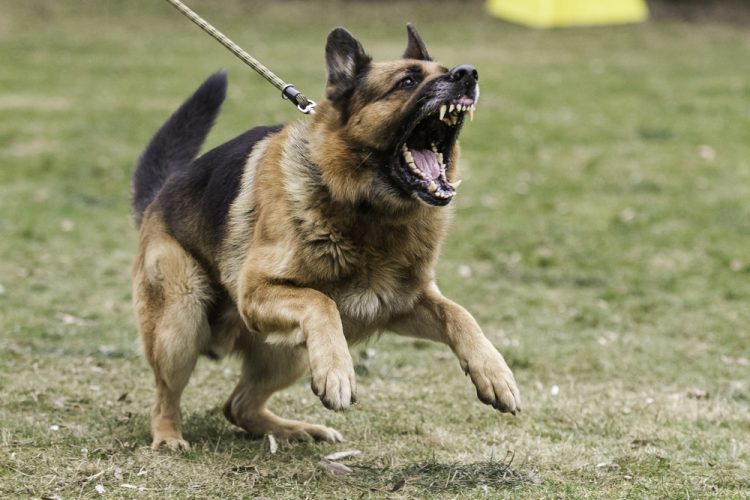
Most of us have dogs to guard our houses and keep us safe. That’s why a lot of dog owners feel that their dogs are brave enough. However, too much aggressive behavior, even in inappropriate moments, can be dangerous.
Certain breeds may exhibit more aggressive behavior than others. Still, aggression in dogs is natural and can be traced based on their ancestry.
However, it is still possible to train your dog to become less aggressive, especially when it becomes dangerous to the people around you.
To handle aggression, you have to determine what causes your dog to act that way. Fear, an act of defense, being territorial, food guarding, and many more factors can cause dog aggression. Respond to whatever triggers your dog to be aggressive so that you can address the bad behavior.
If his behavior is too difficult to control, it is better to ask advice from your veterinarian or a professional dog trainer that has experience in dog behavior training and dog obedience training.
Takeaway
Dogs are very habitual. They like routine and following a schedule. Just like humans, dogs can create habits due to repeated actions. These actions are either ignored or allowed by us.
When not trained and guided properly, some dogs can develop bad habits that can be difficult to control when not acted upon.
Dog behavior training is most effective when your puppy is still young and easily trainable. However, training adult dogs is still possible. You just need more discipline and patience.
